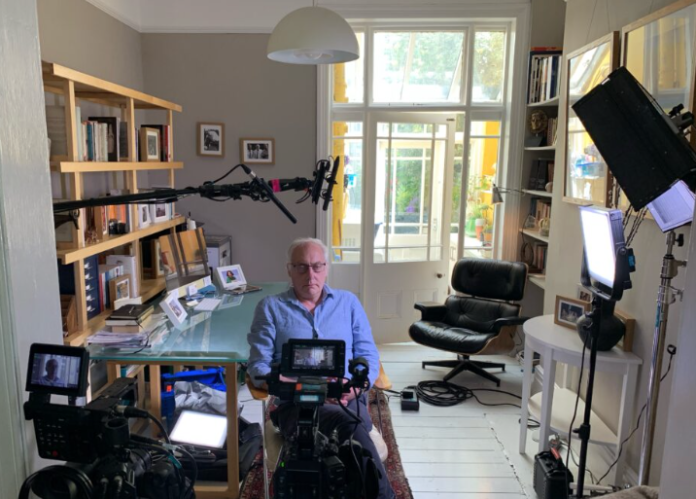- Return to sender - 20th February 2026
- Legal eagle - 19th February 2026
- Round Robin - 19th February 2026
 During a 23 year career with BBC Cymru Wales (BBC CW), and 38 years in journalism, (when he was trained to use clear and simple language, avoiding jargon), for our Editor, Welshman, Phil Parry, political stories have always been central, but it was rare that they were close to home, yet he has now been invited to attend a cross-party meeting discussing certain diseases in Wales, because he is affected by the nervous condition Hereditary Spastic Paraplegia (HSP), and walks with a stick.
During a 23 year career with BBC Cymru Wales (BBC CW), and 38 years in journalism, (when he was trained to use clear and simple language, avoiding jargon), for our Editor, Welshman, Phil Parry, political stories have always been central, but it was rare that they were close to home, yet he has now been invited to attend a cross-party meeting discussing certain diseases in Wales, because he is affected by the nervous condition Hereditary Spastic Paraplegia (HSP), and walks with a stick.
Earlier he has described how he was assisted in breaking into the South Wales Echo office car when he was a cub reporter, recalled his early career as a journalist, the importance of experience in the job, and made clear that the ‘calls’ to emergency services as well as court cases are central to any media operation.
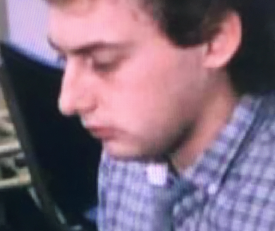
He has also explored how poorly paid most journalism is when trainee reporters had to live in squalid flats, the vital role of expenses, and about one of his most important stories on the now-scrapped 53 year-old BBC Wales TV Current Affairs series, Week In Week Out (WIWO), which won an award even after it was axed, long after his career really took off.
Phil has explained too how crucial it is actually to speak to people, the virtue of speed as well as accuracy, why knowledge of ‘history’ is vital, how certain material was removed from TV Current Affairs programmes when secret cameras had to be used, and some of those he has interviewed.
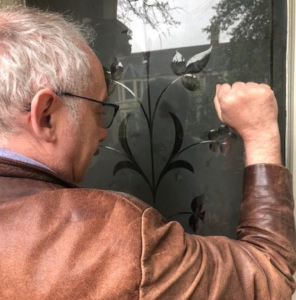
He has disclosed as well why investigative journalism is needed now more than ever although others have different opinions, how the current coronavirus (Covid-19) lockdownis playing havoc with media schedules, and the importance of the hugely lower average age of some political leaders compared with when he started reporting.
Personal issues and journalistic ones rarely intersect. However when they do, they add a powerful boost to what is in the story.
A reporter might, for example, be covering a fatal traffic accident, where road safety concerns are a fundamental factor, and he or she might have personal experience of their failings, thus adding to the report.
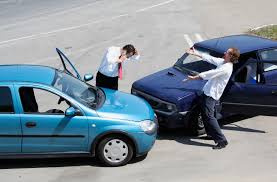
Another instance could be coverage of a serious break-in, when the reporter has been affected personally by one.
They may mean the journalist goes the extra mile in collecting relevant information, or in asking particularly pertinent questions.
In my own case I have been asked to attend a cross-party political meeting, to discuss how Wales develops a strategy for people, and their carers, coping with rare conditions, as well as the challenges they face. The reason is that, as I have written about, I have myself developed a rare condition called Hereditary Spastic Paraplegia (HSP).
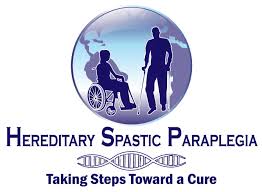
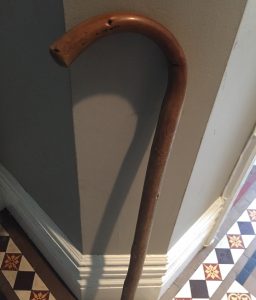
As my consultant explained it, HSP is basically a corrosion of the nerves which carry messages to your legs telling them to move properly
You have the disease from birth (hence the name), and it very slowly becomes worse over time, so I only became aware that something was wrong in my late 40s, when I started tripping. I walk with a stick now, and in years to come I MAY be in a wheelchair (although another consultant said recently that this looked unlikely).
The trick with any disability (and I am not saying I possess it) is that you shouldn’t compare yourself with the way you once were, because that way lies madness, but you should compare yourself with other people. Then you realise that others are in far worse situations.
 The main problem is that your self-image is eroded. I used to think I was a tireless, go-getting reporter, yet now I realise I am just a disabled bloke with a stick! I long ago stopped looking at the reflection in shop windows, because of this man hobbling around who was staring back at me!
The main problem is that your self-image is eroded. I used to think I was a tireless, go-getting reporter, yet now I realise I am just a disabled bloke with a stick! I long ago stopped looking at the reflection in shop windows, because of this man hobbling around who was staring back at me!

Collectively, ‘rare’ diseases are actually not that rare. In Wales around 175000 people suffer with a ‘rare’ disease at some point in their life – that’s about 1 in 17 people. Genetic and undiagnosed conditions are often life-long and serious, affecting multiple systems of the body.
On average it takes four years for someone with a ‘rare’ condition to receive an accurate diagnosis (in my case it took almost 12 months) and most of them are incurable – so any treatment is only to ameliorate the symptoms.

On Wednesday, the Senedd Cymru/Welsh Parliament (SC/WP) member, Mike Hedges is due to host a virtual meeting for parliamentarians to discuss challenges for people with rare conditions. It is likely to see the announcement of the Wales Rare Disease Action Plan, which is a major policy paper setting out how the UK Department of Health and Social Care will implement the UK Rare Diseases Framework in Wales.
As an HSP Support Group member, I have been asked to attend, and the email request says: “It is important that HSP is the voice of Rare Diseases and a treatment strategy planned”.
![]()

The challenges faced by people with disability are legion, and the whole thing is an issue very close to my heart, as I know them only too well!
Pavements, for example, are often incredibly uneven and there is a terrible danger of stumbling, so I usually take my life in my hands to walk in the road because it is a lot smoother. Little things, like ensuring even paving slabs, would make the lives of disabled people MUCH easier.
Other, relatively small issues, are also incredibly important – kerbs at key points on pavements could be lower. Those knobbly lower kerbs at corners are great, but they are not enough. We need them in the middle as well.
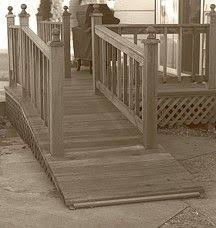
The ramp into a public building or office is usually located far away from the direct steps to the front door, and you feel like an outcast using it. You just want to be treated exactly the same as everybody else. Little thought for the disabled has gone into the creation of public buildings, and I have been unable to get to my seat to see something any number of times.
For example I saw a play once recently and my seat was at the back of the auditorium WITHOUT a handrail. The friend who was with me literally had to CARRY me to my seat, which was extremely kind of him but very undignified!
On another occasion, in London, I could, again, get into the auditorium of the theatre, but my seat was down a flight of stairs again without a handrail. I told the attendant there was no way I could get to my seat and I was preparing to go outside until a generous man offered me his own seat near to where I was standing stranded with my stick.
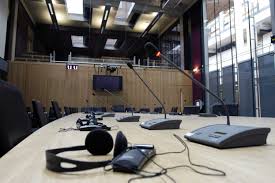
When I went to see a recent Cardiff City v Man City football game at the Cardiff City Stadium I could drag myself up the steps into the stadium because there was a handrail, but the seat itself was up another flight of steps once more without a handrail, and then past a number of people. There was no way I could reach it.
I went back down the steps, resigned to seeing the match on the TV screen under the stand, but in fairness the stewards came to get me and gave me a special disabled person’s seat right by the touchline. It was a much better seat in fact! But the humiliating experience made me realise this whole system needs to be re-thought.
Perhaps points like these will be raised in that cross-party meeting looking at how Wales caters for disabled people like me with genetic disorders.
 They should be…
They should be…
Publication of another book, however, was refused, because it was to have included names.








